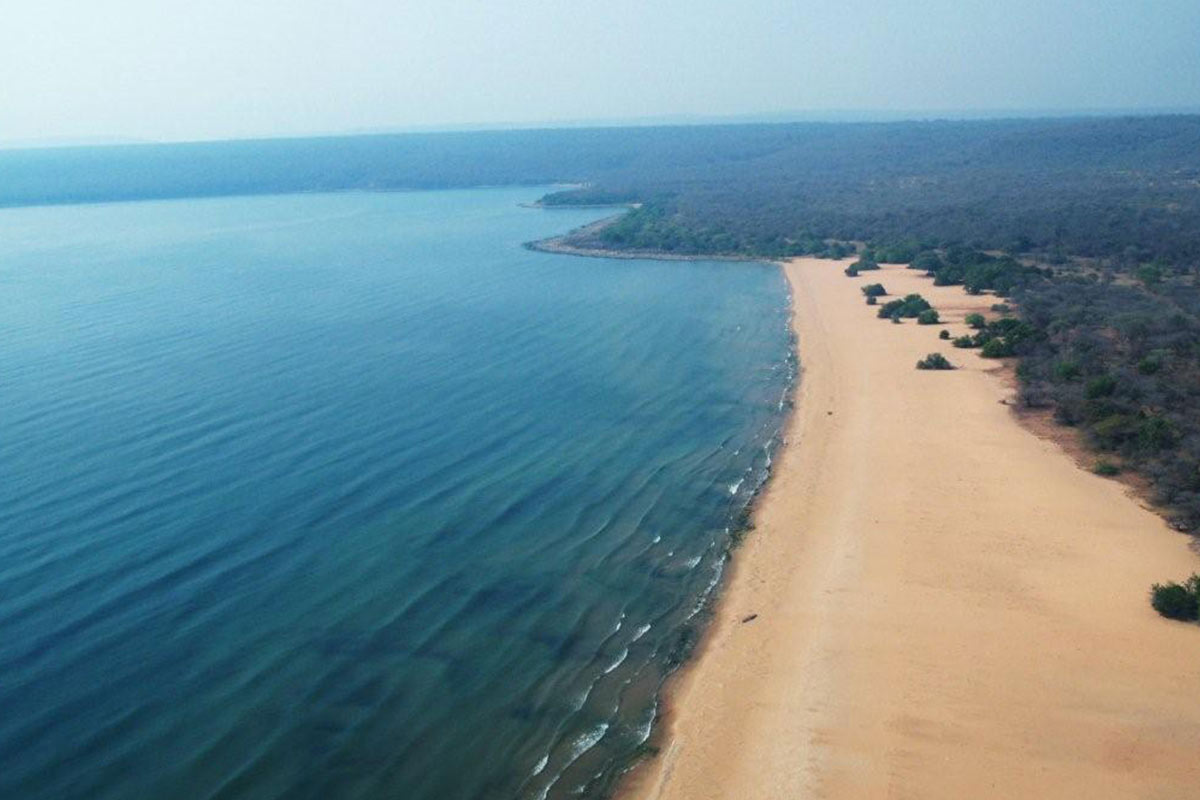Lake Tanganyika, one of the African Great Lakes, holds immense historical significance that transcends its geographical boundaries. As the world’s second-oldest and second-deepest freshwater lake, Lake Tanganyika has been a cradle of biodiversity, a vital trade route, and a site of cultural exchange for millennia. Its shores have witnessed the rise and fall of ancient civilizations, the spread of religions, and the impacts of European colonization. Moreover, Lake Tanganyika played a pivotal role in the exploration of Africa by European adventurers and missionaries during the 19th century. The lake’s strategic position at the heart of Africa made it a focal point for trade, conflict, and diplomacy, influencing the region’s historical trajectory in profound ways.
Ancient Civilizations and Cultural Exchange
The historical significance of Lake Tanganyika is deeply rooted in the ancient civilizations that flourished around its shores. The lake’s abundant resources, including fish and fertile lands, supported early human settlements, leading to the development of sophisticated societies. Archaeological evidence suggests that the Urewe culture, one of the earliest Iron Age cultures in East Africa, thrived around Lake Tanganyika. These early communities engaged in trade, both within the region and beyond, exchanging goods like iron, salt, and ceramics. The lake also served as a conduit for cultural exchange, with ideas, languages, and traditions spreading across its waters. This rich tapestry of cultural interactions laid the foundation for the diverse and vibrant societies that inhabit the region today.

The Role in Regional Trade and Economy
Lake Tanganyika’s historical significance is further highlighted by its role as a crucial trade artery in Central and East Africa. For centuries, the lake facilitated the movement of goods and people across the region, linking inland communities with coastal trade networks. Ivory, salt, and slaves were among the most traded commodities, with the lake acting as a gateway to the broader Indian Ocean trade routes. The towns and ports along its shores became bustling centers of commerce, attracting traders from as far afield as the Arabian Peninsula and India. The economic activities around Lake Tanganyika not only enriched the local communities but also drew the attention of foreign powers, setting the stage for future colonial ambitions in the region.
European Exploration and Colonial Ambitions
Lake Tanganyika’s historical significance reached a global audience during the era of European exploration in the 19th century. Explorers such as Richard Burton, John Hanning Speke, and David Livingstone undertook perilous journeys to map the lake and uncover its secrets. Their expeditions, often driven by the quest to locate the source of the Nile, brought the lake into the consciousness of the Western world. These explorations were not merely geographic but were also intertwined with the colonial ambitions of European powers. The information gathered by these explorers laid the groundwork for the subsequent colonization of the region by European nations. The Berlin Conference of 1884–1885, which formalized the partition of Africa, saw Lake Tanganyika divided between the German and Belgian colonial empires, a division that would have lasting impacts on the region.
The Impact of Colonialism
The historical significance of Lake Tanganyika was profoundly altered by the imposition of colonial rule in the late 19th and early 20th centuries. The lake, once a hub of local and regional trade, was now subject to the interests of foreign powers. The German and Belgian colonial administrations introduced new economic systems, infrastructures, and governance structures, often at the expense of the indigenous populations. Forced labor, resource extraction, and the disruption of traditional trade networks had devastating effects on the local communities. Moreover, the arbitrary borders drawn by the colonizers split communities and disrupted the social fabric that had existed for centuries. The legacy of colonialism continues to influence the political and economic landscape of the Lake Tanganyika region to this day.
Environmental and Ecological Significance
Lake Tanganyika’s historical significance is also closely tied to its unique environmental and ecological characteristics. The lake is home to an extraordinary diversity of species, many of which are found nowhere else on Earth. This biodiversity has made Lake Tanganyika a focal point for scientific research and conservation efforts. The lake’s clear waters and rich fish populations have supported local communities for generations, providing food and livelihoods. However, the ecological balance of the lake has been threatened by overfishing, pollution, and climate change. These environmental challenges not only jeopardize the lake’s biodiversity but also have broader implications for the communities that depend on its resources. Understanding and preserving the ecological significance of Lake Tanganyika is crucial for the sustainable future of the region.
Vote
Who is your all-time favorite president?
Lake Tanganyika in Modern Times
In contemporary times, Lake Tanganyika’s historical significance continues to be felt, particularly in the realms of politics, economics, and environmental stewardship. The lake remains a vital resource for the millions of people who live along its shores, supporting fishing, agriculture, and transportation. However, it also faces significant challenges, including political instability, resource conflicts, and the impacts of climate change. Efforts to address these issues have led to increased regional cooperation, with countries bordering the lake working together on initiatives to protect its environment and promote sustainable development. Moreover, Lake Tanganyika has become a symbol of cultural heritage and identity for the diverse communities that inhabit its shores, serving as a reminder of the lake’s enduring importance in the history and future of the region.